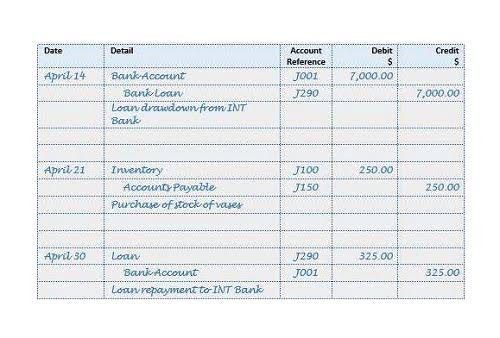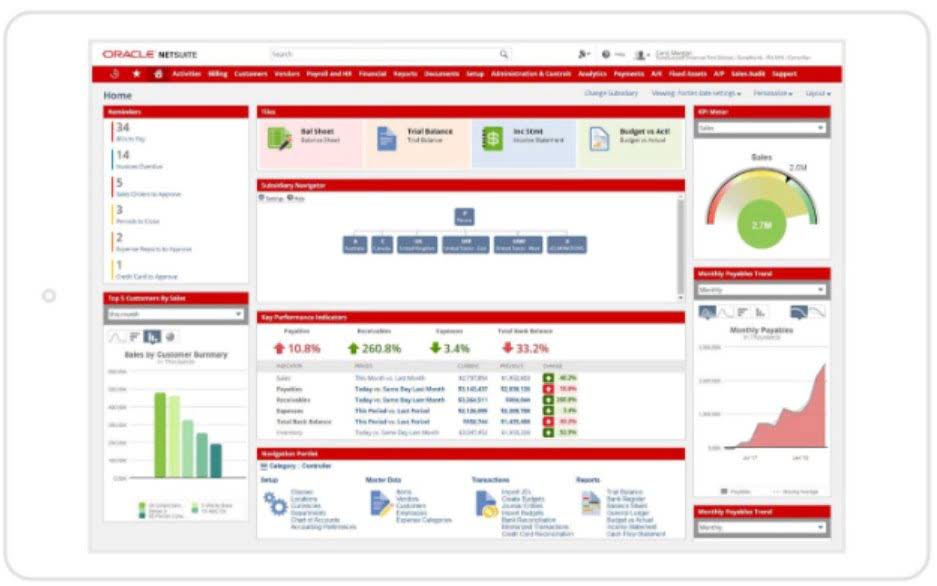
By ensuring that accounts payable processes are accurate, safe, and compliant, you can keep the financial gears of your business running smoothly. With the steady rise of invoice and AP fraud, it’s vital to have an internal Accounts Payable control checklist. Not only will your company save time and money, but it will also become equipped with a full suite of internal controls to easily perform audits, eliminate fraud, and gain insight into your payments. There is no strict schedule for how often a business should conduct the AP auditing process, but typically a company will go through a process of AP auditing to review year-end financial reporting. AP auditing is the process of reviewing all the related financial information that resides on a company’s AP records in detail. This verification addresses the accuracy assertion in financial auditing.2ACCA Global.
Automating AP auditing for compliance
Properly audited https://www.bookstime.com/articles/c-corporation accounts payable records make tax filing more straightforward. Businesses can avoid overstatements or understatement of tax liabilities by ensuring all expenses are correctly categorized and reported. This reduces the risk of penalties, interest on late payments, or audits by tax authorities. For example, monthly reconciliation of supplier statements to relevant payables is a primary internal control procedure that can help to ensure the completeness of accounts payable.

Analyst Reports
The audit can be conducted internally (often as a preventive measure) or externally as part of a broader financial audit. Accounts payable is an important area of your business to audit because of risk. No variation of these Terms of Service shall be effective unless it is in writing and signed by or on behalf of Company. Any User Submissions you post to the Website will be considered non-confidential and non-proprietary. The use and distribution may occur in any media format and through any media channels.

Modern finance teams save time & money with Pluto.Get started today

An accounts payable audit helps catch these errors early, minimizing the chances of financial misstatements or fraudulent activity. This ensures that payments are made to the right vendors at the right time, safeguarding the company’s reputation. An accounts payable audit is an independent assessment of financial data from a company’s accounts payable records. It examines how AP transactions are recorded and whether they accurately reflect business operations. Auditors check that all payable balances match the general ledger and tie back to journal entries, purchase orders, and invoices.
- Any discrepancies between bank statements and accounting records can lead to audit complications and require additional time to resolve.
- Accounts payable audits are essential for ensuring the accuracy, completeness, and integrity of a company’s financial records.
- A single gap or oversight in the AP workflow can lead to undetected fraud, costly mistakes, legal consequences, and penalties.
- Risks were consistent every year, so audit teams could repeatedly conduct the same audit.
- By providing a clear roadmap, it helps auditors stay organized, focus on essential aspects of the audit, and minimize the risk of overlooking critical details.
- Accounts payable audits often uncover issues that can disrupt workflows and strain finances if left unchecked.
- Well, without it, you won’t be aware if that juicy revenue you are seeing at the end of the quarter is accurate or not because you’d be overlooking pending payables.
An Accounts Payable Audit Checklist: The Key Components of an Effective AP Audit
The exact AP audit process is usually guided by factors including company size, corporate structure, geographical locations, etc. GAAP are not uniformly applied the same way across all accounts payable audit states in the US, and depending on the location, there can be additional reporting requirements. From invoice processing to payment automation, our SaaS platform empowers businesses to save time and reduce costs while leveraging cutting-edge technology for seamless integration and actionable insights. Auditors test payment authorizations by selecting a sample of paid transactions and examining supporting documentation for evidence of proper approval, such as a signature or an electronic record.
The Main Stages in an AP Audit
They will also clarify unusual transactions and confirm that payment amounts are recorded accurately. Validate the segregation of duties between individuals responsible for initiating payments, approving payments, and reconciling bank statements to prevent conflicts of interest and unauthorized transactions. Review the controls and procedures for electronic payments, wire transfers, and ACH transactions to safeguard against fraudulent activities and unauthorized fund transfers.

What Is Materiality in Auditing and Why Does It Matter?
Auditors may even reach out to vendors to verify the authenticity of invoices and to confirm that payments are accurate and timely. The payables listing total should always agree with the balance recorded in the general ledger. When performing the completeness test, auditors will also randomly select vendor statements to see if they match with the vendor account. When auditing accounts payable, most auditors will use five or possibly seven audit procedures. An accounts payable audit is a process designed to examine all of the financial records that flow through the accounts payable department. The same study identified that lack of internal controls contributed to nearly 1/3 of all fraud.
Our expertise encompasses all industries and is a no-risk solution to assessing your purchase-to-pay process, recovering overpayments, and highlighting root cause analysis. We engage clients and trial balance suppliers in a multi-lingual business environment, generating recoveries from over 95 countries year after year. This will include findings on the effectiveness of internal controls, compliance with regulations, and any exceptions or errors found. Auditors come on-site or access your systems remotely to examine your accounts payable records, perform tests, and gather evidence. They will scrutinize your transactions, looking for any discrepancies or signs of fraudulent activity.

Leave a comment